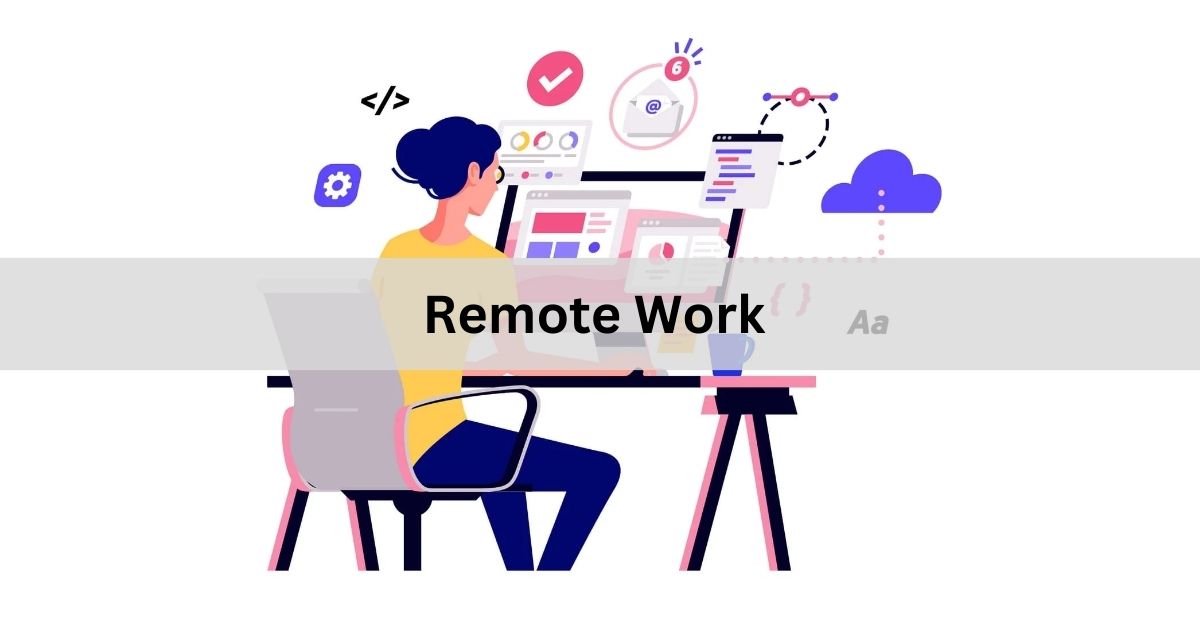Remote work has become a prevalent mode of operation for businesses worldwide, driven by technological advancements and evolving work dynamics. Effectively managing and motivating remote teams is crucial for maintaining productivity, collaboration, and employee satisfaction. This article explores practical strategies and insights to empower leaders in managing remote teams successfully.
Contents
Embracing Remote Work Culture
Remote work offers flexibility and diverse opportunities but requires a supportive culture and effective management to thrive:
- Clear Communication: Establish regular communication channels and guidelines to ensure clarity, alignment, and transparency among remote team members.
- Technology Tools: Utilize collaborative tools such as video conferencing, project management software, and instant messaging platforms to facilitate seamless communication and workflow management.
- Flexible Work Hours: Embrace flexible work schedules that accommodate diverse time zones and personal preferences, fostering work-life balance and productivity.
Effective Remote Team Management Strategies
Managing remote teams requires proactive leadership and strategic approaches to overcome challenges and maximize performance:
- Set Clear Expectations: Define roles, responsibilities, and performance expectations clearly to guide remote team members and align objectives.
- Goal Setting and Tracking: Establish SMART (Specific, Measurable, Achievable, Relevant, Time-bound) goals and milestones to track progress and celebrate achievements.
- Regular Check-Ins: Schedule one-on-one meetings, team meetings, and virtual check-ins to provide feedback, address concerns, and foster a sense of belonging.
- Empowerment and Trust: Encourage autonomy and decision-making among remote team members, trusting their capabilities and contributions.
- Recognition and Appreciation: Acknowledge and appreciate achievements and efforts through virtual celebrations, shout-outs, and rewards to boost morale and motivation.
Motivating Remote Teams Effectively
Motivation plays a pivotal role in remote team success, influencing engagement, productivity, and job satisfaction:
- Create a Positive Work Environment: Promote a supportive and inclusive culture where remote team members feel valued, respected, and connected.
- Professional Development: Offer opportunities for skill development, training programs, and career growth to empower remote employees and enhance job satisfaction.
- Team Building Activities: Organize virtual team building activities, workshops, or social events to build camaraderie and strengthen interpersonal relationships.
- Flexible Benefits and Perks: Provide flexible benefits, wellness initiatives, and perks that cater to remote employees’ needs and preferences.
- Feedback and Recognition: Solicit feedback regularly, recognize achievements, and provide constructive feedback to foster continuous improvement and motivation.
Overcoming Remote Work Challenges
Addressing common challenges can enhance remote team management and motivation:
- Isolation and Communication Barriers: Encourage social interaction, promote open communication, and facilitate virtual collaboration to mitigate feelings of isolation.
- Time Zone Differences: Implement flexible meeting schedules, asynchronous communication methods, and shared calendars to accommodate global teams.
- Work-Life Balance: Support remote employees in maintaining work-life balance through clear boundaries, flexible schedules, and wellness initiatives.
- Technology and Connectivity Issues: Provide technical support, ensure reliable internet access, and offer backup solutions to minimize disruptions.
Partner with Remote Work Experts
Seeking guidance on managing and motivating remote teams? Contact [Your Company Name] for tailored strategies and expert insights. Together, we can empower your remote workforce, enhance productivity, and thrive in the digital age of remote work. Start maximizing your team’s potential and success in remote work today!
Conclusion
Effective management and motivation are essential for optimizing remote team performance and achieving organizational goals in a remote work environment. By fostering a culture of clear communication, trust, empowerment, and continuous support, businesses can cultivate a motivated and engaged remote workforce. Embrace remote work as an opportunity to leverage talent globally, promote flexibility, and drive innovation in the evolving landscape of work.


